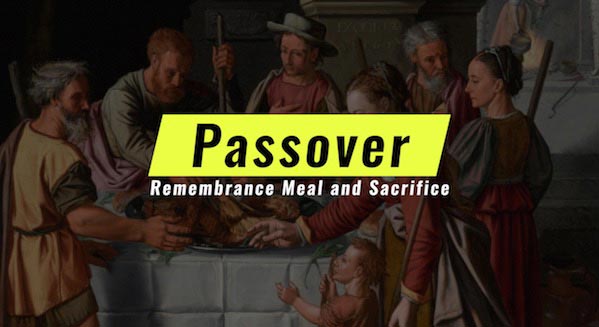Tremendously helpful, insightful and a great spiritual booster.
Very clear inlighting how to read and understand the composition of this essential book of our faith.
Thank you
Dr. Pitre is my favorite Bible Scholar/Teacher. I have been blown away by these lectures. The depth of his knowledge and his ability to present the material is awesome.







